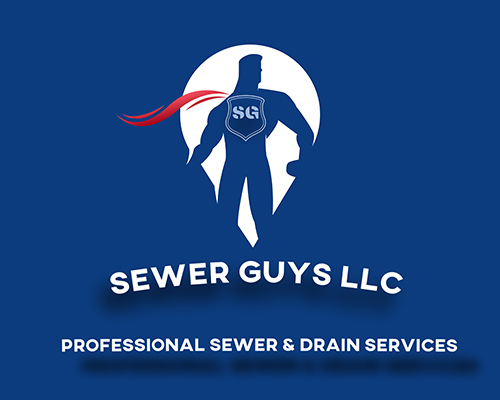
SEWER or DRAIN PROBLEMS?
Here are answers to many typical questions residential and commercial property owners have when they are experiencing issues with their sewer or drain lines.
1. Why should I have a sewer/drain pipe inspected?
The most obvious reason is to avoid a potential sewer issue. What we find is that most homes require maintenance and with out knowing what type and how often, the sewer and drain lines become neglected. We can not only pinpoint a potential concern, we can also recommend a maintenance plan and arm you with knowledge to be Pro-Active about your sewer and drain lines.
2. Is the sewer line my responsibility if it is broken in the street or under the city sidewalk?
In most cases yes, if the line is broken or in need or repairs and maintenance the homeowner or business owner is responsible for repairs or maintenance. A sewer inspection not only identifies an issue or potential issue, it allows the technician to identify if the line needs cleaned before it causes a costly back up.
3. What is a belly or sag in the pipe?
This is where either the line has settled or was over compacted and the line does not have the correct pitch or slope. In most cases this will either need repairs, depending on the severity. The technician can identify the severity and what precautions to take and make recommendations.
4. Do my lines need regular maintenance?
Yes, it is ideal to be Pro-Active and clean the lines to remove and mitigate roots, hair, grease and build up. This will keep the lines clear and running smoothly.
5. What is the difference between a main sewer line and a secondary line?
The main line is larger, typically 3″-4″ in diameter and carries the waste and water from all the drain lines and branch lines to the city sewer or septic tank inlet. A secondary or branch line is smaller in diameter and typically carries water from fixtures such as the kitchen drain or laundry drain to the main line.
6. What is the best way to keep my lines clean and clear?
The technician can recommend different types of cleaning techniques and recommend the line be cleaned in the manner most efficient. We also provide foaming line cleaning and high pressure line maintenance.
7. Where does the technician access the line from?
We can access the line from the roof vent, Toilet sweep, floor drain or a traditional clean out. The technician will make the determination once on site and the house is assessed.






